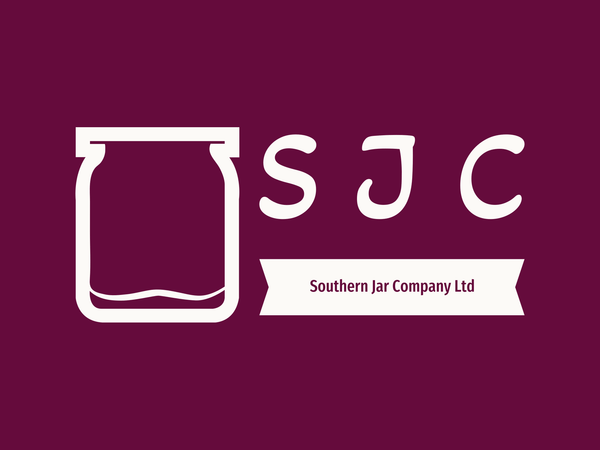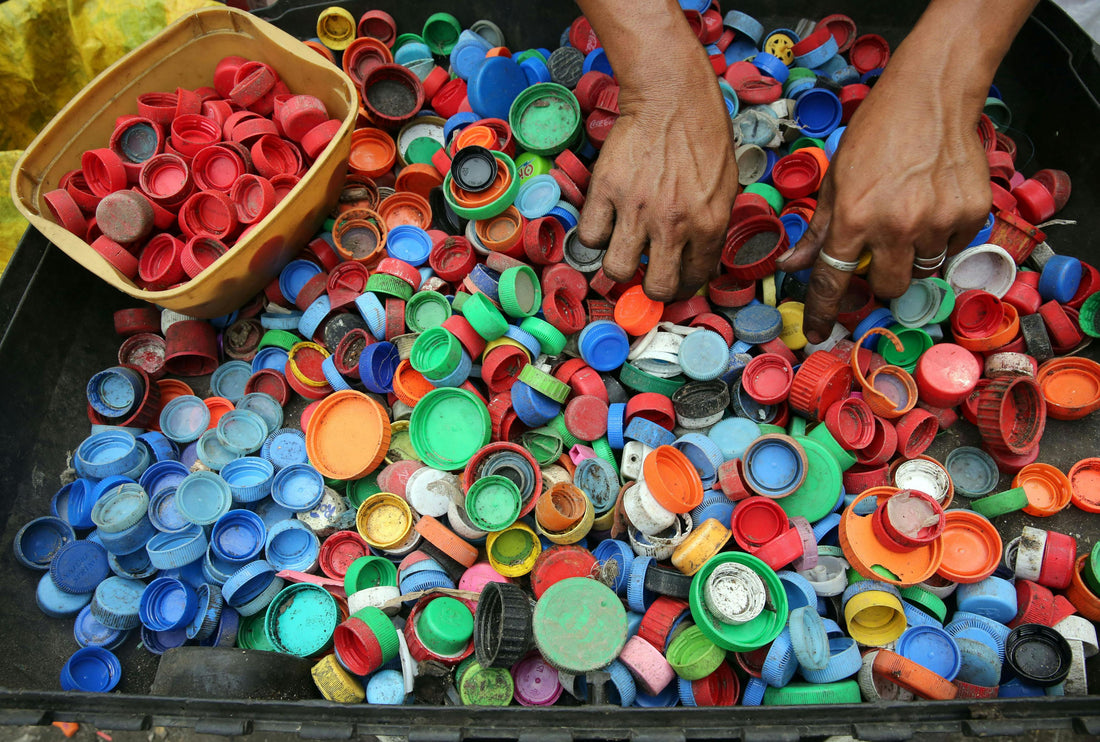Recycling bottle lids is a great way to make the earth safer and healthier. This is why we are committed to manufacturing bottle lids from safe and 100% safe materials. Our plastic lids are made from non-toxic, recyclable plastics, while our metal lids for glass bottles are made from earthly-friendly materials.
The good part is that recycling lids for glass bottles is gradually becoming a norm. You don’t have to litter your environment with these lids.
So, if you think you have so many bottle lids in your house, you might want to consider recycling.
How To Recycle Different Types Of Lids
Are you wondering how to recycle the metal lids of your glass jars or bottles? We have some answers. Here are a few ways to recycle different types of bottle lids.
Plastic Lids
Plastic lids are commonly used for beverage containers and kitchen recipes, so they are often found in the house. Recycling plastic lids is quite easy. First, ensure that they are cleaned. Afterwards, check the instructions of your local recycling centre to confirm if they accept plastic lids. If so, send the plastic lids to them. It is that simple.
Are all lids for bottles recyclable?
Small plastic lids can now be recycled at most recycling facilities worldwide. You can simply group them according to their sizes. Different plastic and metal bottle lids are available in 33mm, 38mm, 53mm, and up to 89mm, one of the biggest size. The good part is that all these glass bottle lids can be recycled.

Glass, Steel and Aluminium Lids
These lids are often used for glass jars, containers, alcoholic drinks and wine. Similar to the process for the plastic lids, ensure that you check if the glass lids were made from recycled materials. Afterwards, wash the lids thoroughly and remove any food or alcoholic substances from them. Keep it clean and dry while you send it to the recycling centre. On the other hand, there is quite an exception for steel lids.
Although most recycling facilities accept steel, you can send them to any local scrap metal recycling facility if they do not accept steel lids.
How to differentiate between steel and aluminium bottle lids
The simplest and best way to check the type of metal used for a lid is to use a magnet. The magnet will stick to the steel and never stick to aluminium. It is important that you know exactly what you are recycling to enjoy a smoother process.
Disposable cup lids
Disposable lids are usually made of plastic, especially those used by restaurants. However, not all disposable lids can be recycled based on two factors. First, some local facilities do not accept them, and second, not all disposable items are made from recyclable materials.
Why Should You Recycle Bottle Lids?
Many plastic bottle lids are not biodegradable, meaning they take hundreds of years to dissolve into the soil. Look around you; plastic bottle lids are among the most common waste in the ocean.
Recycling bottles with lids is safe for the earth, and in the long run, it reduces waste and improves energy conservation. Moreover, recycling lids for glass bottles preserves the earth and greatly reduces greenhouse emissions.
Frequently Asked Questions About Bottle Lids
- Do I need to remove labels before recycling the lids?
Removing any label on the bottle lids is good, even though they seem harmless. However, labels and stickers can impact the recycling process. This happens because these stickers are made from different materials.
- Do I need to clean the bottle lids before recycling?
You must rinse the lids to remove any form of liquid residue on the bottle lid to prevent contamination. It is advisable to clean the lids with soap properly and make sure they are dry before putting them in the recycling bag.
- Are all bottle lids recyclable?
Not all bottle lids are recyclable, and this is because of the kind of materials they are made of. Before you recycle, please check the recycling symbol to see if it is made from non-recyclable plastics.
- Is bottle lid recycling safe?
Absolutely yes! Recycling lids for glass bottles is safe. Remember that the essence is to promote sustainability in our immediate environment. Also, ensure that you follow every recycling instruction stated by your local facility.

